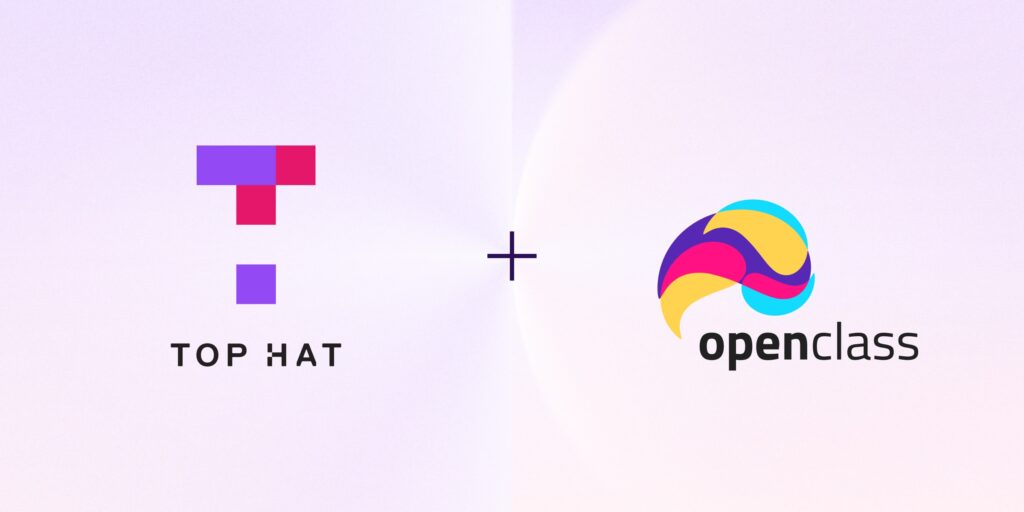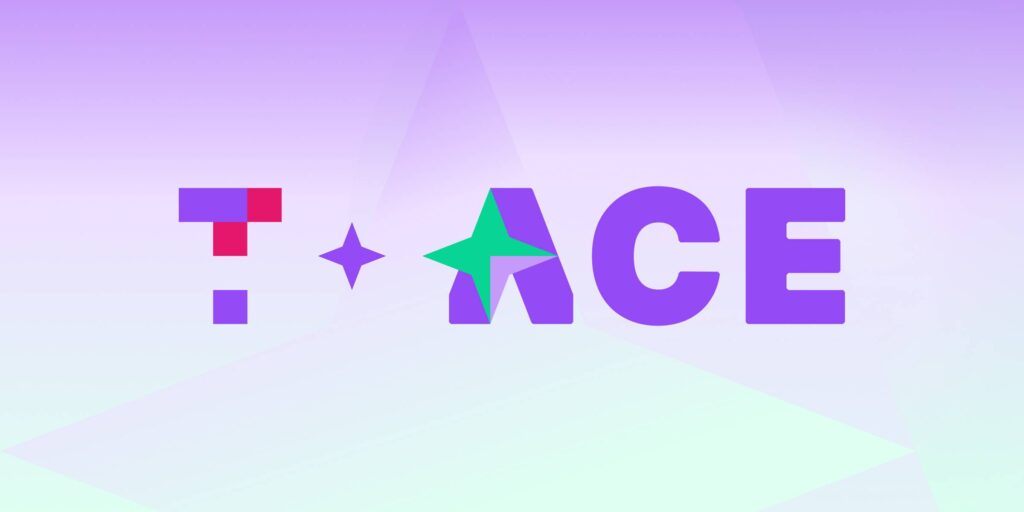Top Hat Engage 2020 will feature four keynotes led by innovators and top industry professionals in the higher ed and educational technology space. This profile is part of our recurring series where our speakers define “Teaching with Insight”—the theme of Engage 2020—and what this has meant in their classrooms.
Educators often operate in the dark. When introducing an innovation—whether classroom technology, or even a more traditional learning exercise—it can be hard to foresee the impact. What works for some may not be helpful for others. And there can be unintended consequences—sometimes positive, sometimes negative. These issues have fascinated Lauren Herckis, an anthropologist at Carnegie Mellon University, since her early days as an undergrad student.
Combining innovation with understanding
The more Herckis studied technology and innovation, the greater her appreciation for its immense potential and how deeply it has impacted people and society. With the right mindset, she believes technology can help us overcome the limits of our own imaginations and experiences. Constant improvement and iteration is embedded in technological innovation, making it a natural vehicle for moving beyond what was initially conceived as possible.
A love of learning and innovation have been central to Herckis’ research. Her approach has been steeped in the anthropological tradition and witnessing first-hand how people engage with emerging technologies, whether in the context of a classroom or, more broadly, across society.
“I really love meeting and getting to know students and understanding the things that I thought I understood in new ways through their eyes,” Herckis says. Inspired by the role of technology in learning and teaching, and cognizant of the rapid pace of innovation, her work has taken on even greater urgency and importance.
Education as an experiment
Education has always been an experimental process. From one-room schoolhouses to classroom response systems, there is a risk of failure—of not communicating a course concept effectively or of a discussion method failing.
“Every time we teach any class, it’s a balancing act between drawing on the experiences and the information you have and bringing in new things to see how they work,” says Herckis. “It’s an experiment. So it’s wonderful to have the opportunity to practice and refine over time.”
This focus on constant experimentation has taken on new significance given the diverse range of backgrounds and expectations that make up today’s student population. More adults than ever are returning to college campuses. In fact, nearly ten percent of college students are also parents. First generation university students now comprise over 30 percent of the student population while roughly one quarter of today’s students work full-time while completing their degrees. Generation Z—a common thread throughout — is more purpose driven, more collaborative, and even more reliant on technology than their millennial predecessors.
To Herckis, teaching with insight means understanding today’s diverse student population more deeply in order to determine what effective learning looks like for them. By experimenting with technology, institutions and educators are able to better understand and ultimately meet student needs.
This iterative approach is part and parcel with driving change. It can be incredibly challenging but, as Herckis believes, it’s also a fundamental part of what it means to be human. “Change is inevitable,” she says. “But I think that it’s up to us to shape the ways that our societies change so that it can be as good as possible for all of the people, and not just some of the people.”
Dr. Lauren Herckis is a Carnegie Mellon University anthropologist specializing in faculty culture and the use of technology in higher education. She is appointed in Carnegie Mellon’s Dietrich College of Humanities & Social Sciences, Human-Computer Interaction Institute, Simon Initiative, and Block Center for Technology and Society. Her research explores the ways that people engage with innovative technologies, and how these technologies shape culture.


